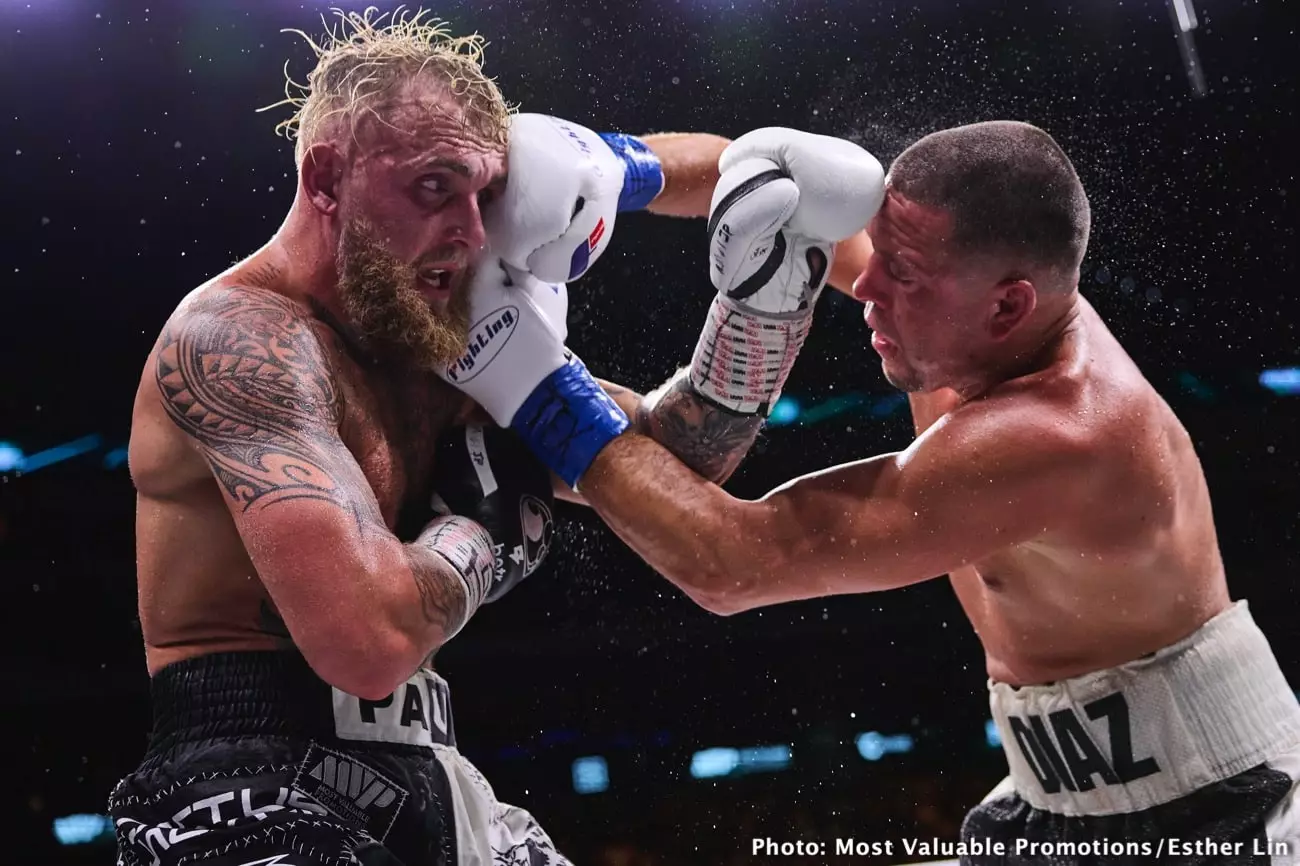As fight fans anxiously await the showdown between the legendary Mike Tyson and the controversial influencer-turned-boxer Jake Paul, a cloud of apprehension hangs over the event. The prospect of Tyson, now 58 years old, facing the 27-year-old Paul has sparked a vigorous debate within the boxing community, primarily revolving around concerns for Tyson’s health and the legitimacy of the fight itself.
The Age Factor: A Heavyweight Dilemma
It cannot be overstated how significant the age difference is in this matchup. Mike Tyson, once considered one of the most ferocious heavyweights in boxing history, is now in the twilight of his career, while Jake Paul, with less experience but considerably more youth on his side, embodies the new wave of combat sports athletes. Fans are inherently worried that the combination of Tyson’s age and the potential ferocity of Paul’s punches could lead to serious injury. Despite Tyson’s recent media workout revealing a semblance of his signature explosiveness, skepticism remains regarding his capacity to withstand a full eight rounds against a younger opponent who isn’t shy about delivering hard hits.
Critics point out that Tyson has been in this position before, having previously struggled against younger opponents towards the end of his illustrious career. Many recall the darker days of his fighting history, when his resilience came into question after losses to fighters deemed lesser talents. Observations from boxing analysts reflect a palpable sense of disbelief at the potential for an actual competitive bout. Will Paul treat the fight like his others, aiming for a swift knockout of an aging icon? The thought raises more questions than it answers about the integrity and nature of the match.
In an age where boxing has evolved into a spectacle as much as a sport, financial incentives for both fighters play a crucial role in shaping their decisions. Fight commentators have openly speculated on Jake Paul’s strategic matchmaking. Paul, who has garnered attention through a mix of charisma and controversial antics, appears to prioritize monetary gains over the traditional accolades of boxing. This inclination brings further scrutiny to the legitimacy of his intentions in the ring with Tyson.
While Tyson is undoubtedly cashing in on the event, one cannot help but wonder about the implications of a fight that some consider fixed or engineered for maximum entertainment value. The disparity in their motivations raises ethical questions about the sport itself. If Paul were to secure a quick victory by knocking out a 58-year-old man, would that contribute meaningfully to his legacy? As much as the boxing world has seen marquee matches fuelled by financial motivations, the integrity of the sport should remain paramount.
Fan anxiety doesn’t merely stem from the potential repercussions for Tyson’s legacy; it mirrors a deeper concern for the fighter’s well-being. The narrative of a former titan stepping back into the ring against a younger, aggressive opponent raises valid health alarms. Observers have voiced their worries regarding Tyson’s physical condition post-retirement. The average fighter’s durability diminishes with age, and Tyson’s history of bouts suggests that he may not handle punishment in the same manner he once did during his prime.
In an era rich with discussions about fighter safety, behaviors and attitudes that neglect these realities fuel further fears. There’s an argument that the sporting community has a moral duty to prioritize the health of its participants over the entertainment derived from clashes like this.
As the fight approaches, the tension builds—not solely in the anticipation for a bout but in the greater social commentary it inspires. This fight is emblematic of the boxing industry’s evolving identity, blurred lines between sport and entertainment, and the continuous push-pull of legacy versus financial gain.
Ultimately, numerous questions loom large over the Tyson vs. Paul clash. Will Tyson’s experience shine through, or will youth and determination hold sway? As fight night beckons, the entire boxing community remains divided. This spectacle, poised between nostalgia and novelty, will resonate far beyond the final bell. The implications for the fighters, the sport, and the audience itself may change the way we view future matches in a world where boxing’s boundaries are continually being tested.

